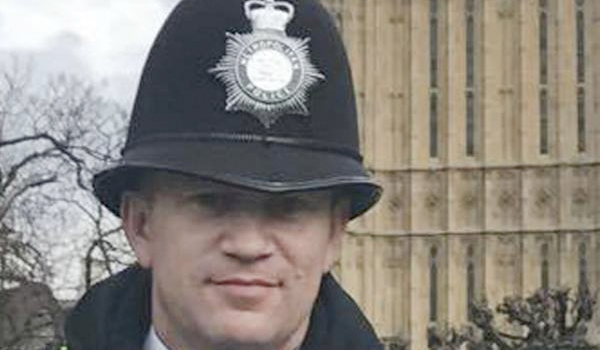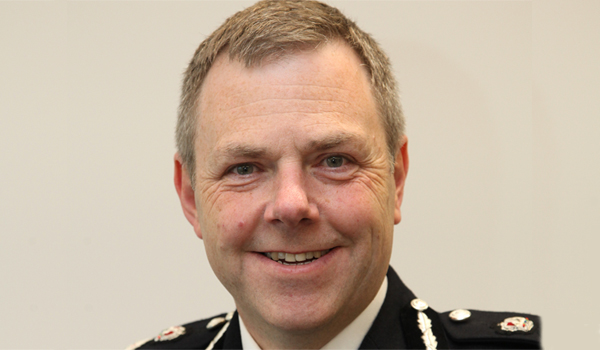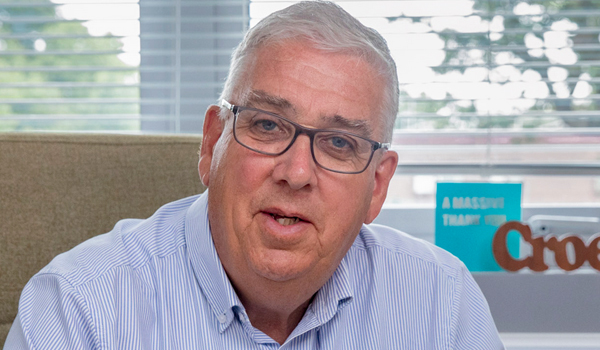MPS accepts Westminster terror attack failings were ‘unacceptable’
The Metropolitan Police Service (MPS) “may have been able to prevent” Police Constable Keith Palmer suffering fatal injuries”, according to the inquest into the 2017 Westminster terror attack.
Judge Mark Lucraft QC, the Chief Coroner, summarised the determinations of the Westminster Bridge Inquests, which concluded that the five people who, on March 22, 2017, were unlawfully killed by Khalid Masood.
Four people were killed when Masood drove into them on Westminster Bridge before crashing into a wall outside the Houses of Parliament. He then ran to the gated entrance to Parliament and stabbed the unarmed officer.
The terrorist was shot dead by a close protection officer who happened to be nearby.
Two armed officers on duty in New Palace Yard – Police Constables Lee Ashby and Nicholas Sanders – were at the opposite side and went towards the wall where the car had crashed, so were not able to protect the gates.
PC Palmer – who died from a cardiac arrest following several knife wounds – may have survived if it was not for “shortcomings in the security system at New Palace Yard”, the inquest found.
The shortcomings addressed by the Chief Coroner refer to the on-duty armed officers’ being unaware of MPS guidance (issued in January 2015 and December 2015) which describe that officers were to work in close proximity to one another and be in close proximity to Carriage Gates when the gates were open.
The Inquest heard that the notes were available on a computer system used by the force called Armed Deployment Authorities Management (ADAM).
PC Ashby accepted that he had not accessed ADAM since June 29, 2015 but explained he was never asked to do so.
PC Sanders told the inquest that he, too, was unaware of the post notes and believed the role expected of him to be “unpredictable in their movements so as to avoid hostile reconnaissance and to be available to deploy anywhere within the sector”.
The Chief Coroner concluded that had these officers been stationed close to the gates, “it is possible that they may have been able to prevent PC Palmer suffering fatal injuries”.
Assistant Commissioner Neil Basu responded to the judgment: “The Chief Coroner has plainly carried out a rigorous and full enquiry and we unreservedly accept his conclusions.
“Even the possibility that the MPS lost the chance to prevent the murder of a brave and courageous officer is unacceptable. For the loss of that possibility to protect him from Khalid Masood, we are deeply sorry.
“Security arrangements have been substantially changed since the terrible events of March 22, 2017. However, everything that we can possibly do to improve the position further, and we await the Chief Coroner’s detailed conclusions, will be done.”
PC Palmer’s wife, Michelle, has expressed her disappointment in the MPS for its “lax” security and accused the police force that “he was left to die at a vulnerable location with no protection.”
In a statement, she and PC Palmer’s sister, Angela Clark said: “We expected the Met to welcome an open and transparent examination of this horrific attack on its own officer and members of the public, yet instead senior officers seem to have closed ranks.
“What message does this send to ordinary officers bravely reporting for duty every day, to keep us all safe?”
Mr Basu added: “Following March 22, 2017, immediate reviews were carried out, including an independent review by Sir Jon Murphy, the former Chief Constable of Merseyside, who scrutinised security on the Parliamentary estate. These reviews have led to significant changes to security at the Palace of Westminster, which were implemented prior to the inquests.
“These changes cannot be disclosed to the public because it would undermine security but we have shared them with the Chief Coroner in liaison with the Palace of Westminster.
“We are continually reviewing our security arrangements in London and the rest of the UK to reflect the threat we are facing and we liaise regularly with local authorities, other partners and businesses, providing advice on protective security measures to counter the threat from terrorism.
“The public showed tremendous resilience throughout and continues to do so in the face of the threat from terrorism. Every day that resilience is also demonstrated across the UK by thousands of police officers, like PC Palmer, who play their part in the fight against terrorism.
“Finally, I would like to thank the Chief Coroner for carrying out a full and forensic examination of the circumstances around this attack. We must now take the time to consider all of the coroner’s conclusions in full.”
Ken Marsh, Chairman of the Metropolitan Police Federation, said: “March 22, 2017 is a day we all shall never forget. In under 90 seconds a terrorist attacked the heart of our democracy, sadly killing members of the public and murdering a brave police officer.
“The thoughts of all officers in London remain with hero PC Keith Palmer, his family, and all those affected by the attack. Including Keith’s colleagues.”
Mr Marsh added: “The Metropolitan Police Federation has been following the inquest and the evidence given about the tragic events of that day. And we note the verdicts.
“Policing by its very nature is unpredictable and our officers never know what they will be confronted by when they go on duty. They run towards danger when others run away.
“Our colleagues working in Westminster on March 22, 2017 acted with the utmost professionalism in unprecedented circumstances when confronted by unimaginable evil.
“This bravery must be supported by appropriate numbers of police officers who have the correct training, equipment and back up when required. And we will be working with the force to ensure the lessons are learned from this tragedy.”







